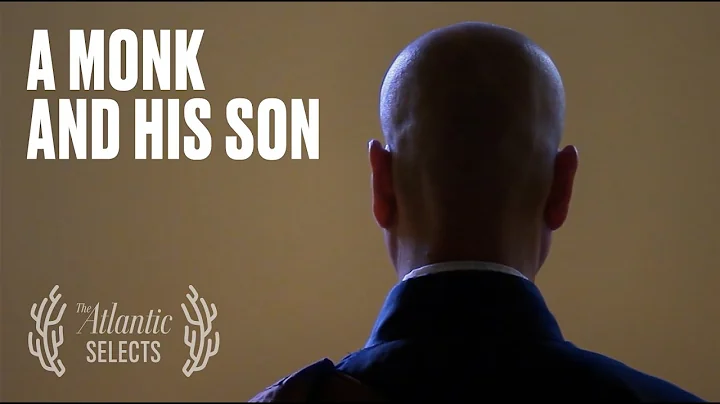By sending one of their sons to a monastery, parents reduced competition for resources within the family—and thus had more grandchildren.

Celibacy - lifelong celibacy and the refusal of sexual relations - is accepted by many religions and traditional societies around the world. This approach seems to go against basic instincts and guarantees failure in the evolutionary race, since such a person will leave no offspring at all. However, complete abstinence is fairly common, which may indicate some benefit. Scientists from UCLA managed to reveal them, with an article published in Proceedings of the Royal Society B magazine .
Professor Ruth Mace's team investigated a society of Buddhist monks living in the Tibetan region of Amdo (now Gansu Province in western China) - where, by a strange coincidence, traces of Denisovans had recently been found. Modern residents of Gansu are engaged in traditional cattle breeding and processing of small plots of fertile land. Younger sons were often sent to monasteries where they received the appropriate vows. In such cases, parents refer to religious norms or generally accepted practices.
To find out the deeper reasons, scientists conducted a detailed survey among representatives of 530 families from 21 villages. Researchers compiled a family tree for each family, including identifying all those who were sent to the monastery. This measure proved to provide the remaining brothers with an advantage in the distribution of their parents' estate. Competition decreased, and each gained more wealth and more flocks, became a more attractive groom—and left more children behind.
Therefore, those who send their sons to the monastery will have more grandchildren than those who do not. It turns out that celibacy for one of the sons was evolutionarily beneficial to the parents. This means that the practice may have emerged and taken hold through a process of "natural selection."
To prove this, Ruth Mays and her colleagues created a mathematical model that reflects the impact of celibacy on the evolutionary success of individuals and entire families. Scientists considered two options: either the person or his parents decided to "go to the monastery". In the first case, celibacy remains uncommon and not fixed in the "community" model. However, in the second time, with the help of other brothers, celibacy became a common practice.
According to the author of the work , a similar pattern may have been the basis for a number of other traditions, even including infanticide - the deliberate deprivation of some child's life, which was not uncommon in many ancient cultures. They also explain the rarity of female monasticism, not only in Tibet but also in other strictly patriarchal communities. By sending their daughters to a monastery, parents only reduce the number of possible offspring without benefiting from the welfare distribution, since girls do not participate in it. But in societies where women enjoyed great rights—particularly in certain parts of western Europe—female monasticism and celibacy were (and are) quite common.

















![[English] Who Am I - Lecture 1 - Ven. Guan Cheng - DayDayNews](https://i.ytimg.com/vi/KU0fUs2It5o/hq720.jpg?sqp=-oaymwEcCNAFEJQDSFXyq4qpAw4IARUAAIhCGAFwAcABBg==&rs=AOn4CLDFpQUN_QwRfC7bmP4sUadq-RcYdg)
![A Moving Masterpiece 清明上河图 [English narration] - DayDayNews](https://i.ytimg.com/vi/kxff-4GktOI/hqdefault.jpg?sqp=-oaymwEcCOADEI4CSFXyq4qpAw4IARUAAIhCGAFwAcABBg==&rs=AOn4CLBtHGLeUpJNCYDJYnZTuISQ1N5Vag)


